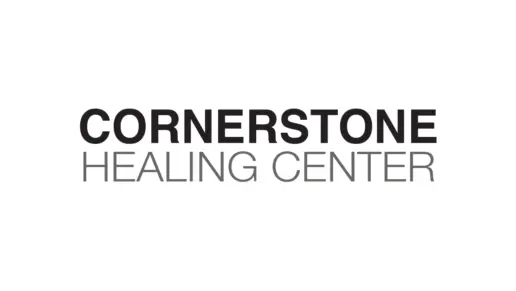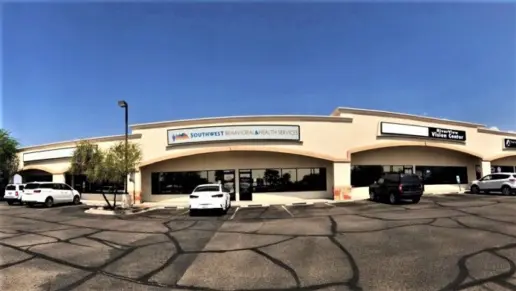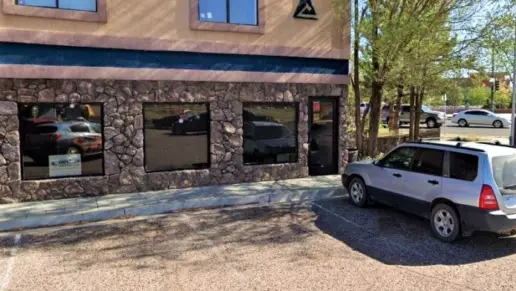Zero stars. I was in outpatient and the moderator therapist Eve, who thank god is no longer going to be working with the women's group and will be background staff instead, made a lot of bogus assumptions and did not know how to help someone who is triggered (by her) and did ...
About Saint Francis Hospital Muskogee
Valley Hospital is a medical facility in Phoenix, Arizona. They provide inpatient and outpatient addiction treatment for adults. You can choose from medical detox for addiction, a partial hospitalization program, and an intensive outpatient program. Specialized inpatient and outpatient programs for women are also available.
There are four different tracks for inpatient programs including crisis stabilization, adult mental health, addiction detox, and rehabilitation. During crisis stabilization you can expect intensive support and ongoing monitoring and management when in a serious psychiatric crisis.
Inpatient care can take two forms: short term crisis stabilization or long term treatment. Clients reside at the facility in both, where they can receive highly specialized care around the clock. Services offered include psychiatric evaluations, individual and group counseling, medication management, introduction to NA and AA groups, and coping skill development. It may also include meditation, breathing courses, experiential therapy, relationship education, anger management, and relapse prevention.
To be eligible for the partial hospitalization program you must not be an immediate threat to yourself or others. This program includes four hours of clinical therapy per day, weekly education groups, and medication monitoring. During the intensive outpatient program, you’ll choose three days per week to attend three hours of treatment per day. Groups focus on developing strategies to improve mood, relationships, and handle conflict.
The intensive outpatient program (IOP) is offered as a step down from inpatient or PHP care. IOP aims to help clients cope with symptoms and a variety of stressors to prevent relapse and hospitalization. It features group, individual, and family therapy.
Some services are available via telehealth.
Valley Hospital accepts many insurance plans, which may include United Healthcare, Optum, Aetna, and Amerigroup. Clients are encouraged to confirm coverage with their plan before enrolling, as out of network benefits may vary.
Latest Reviews
Rehab Score
Gallery
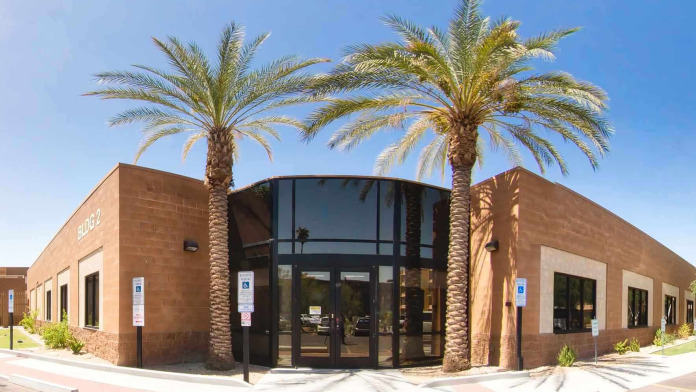
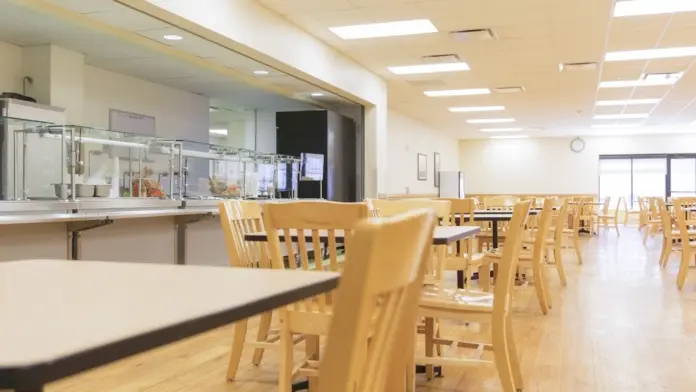
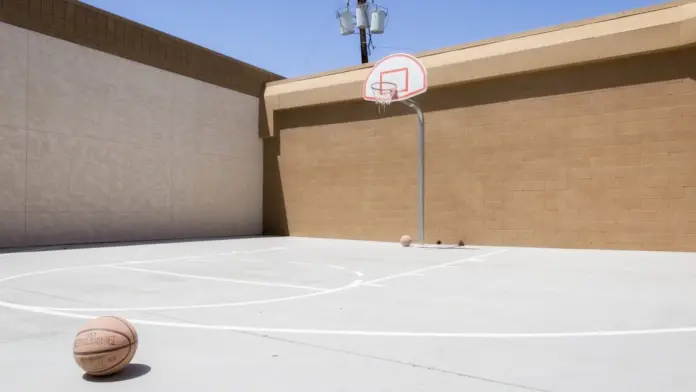
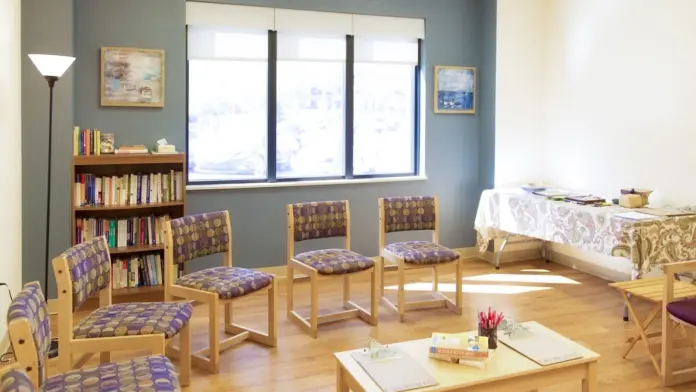
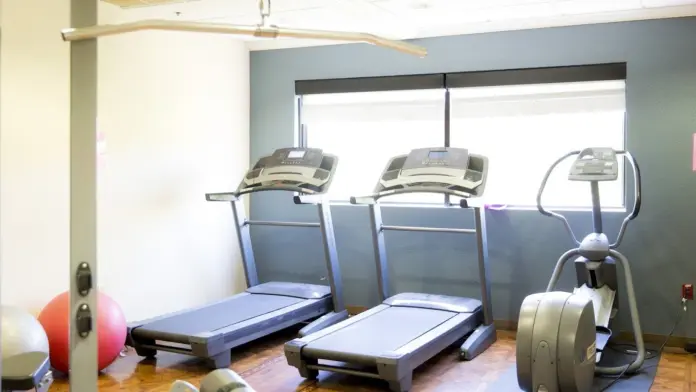
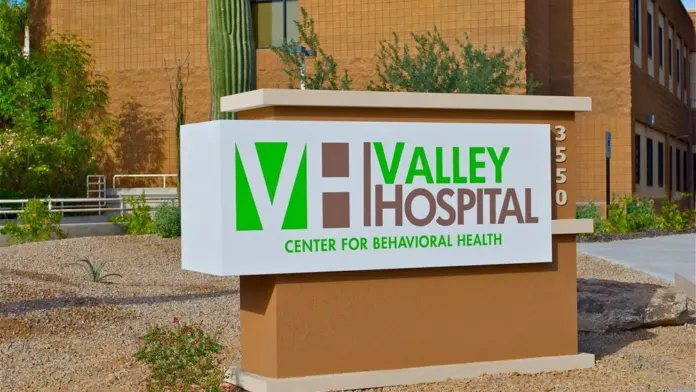
Location
Accepted Insurance
Other Forms of Payment
Self-pay involves paying for treatment out of your own pocket. You can use savings or credit, get a personal loan, or receive help from family and friends to fund your treatment. If you don't have insurance or your insurance plan doesn't cover a specific program, self-pay can help ensure you still get the care you need.
Private insurance refers to any kind of healthcare coverage that isn't from the state or federal government. This includes individual and family plans offered by an employer or purchased from the Insurance Marketplace. Every plan will have different requirements and out of pocket costs so be sure to get the full details before you start treatment.
Medicaid is a state based program that helps lower-income individuals and families pay for healthcare. Medicaid covers addiction treatment so those enrolled can use their coverage to pay for rehab. When a program accepts Medicaid the client often pays very little or nothing out of their own pocket.
Medicare is a federal program that provides health insurance for those 65 and older. It also serves people under 65 with chronic and disabling health challenges. To use Medicare for addiction treatment you need to find a program that accepts Medicare and is in network with your plan. Out of pocket costs and preauthorization requirements vary, so always check with your provider.
Military members, veterans, and eligible dependents have access to specific insurance programs that help them get the care they need. TRICARE and VA insurance can help you access low cost or no cost addiction and mental health treatment. Programs that accept military insurance often have targeted treatment focused on the unique challenges military members, veterans, and their families face.
Addiction Treatments
Levels of Care
Treatments
The goal of treatment for alcoholism is abstinence. Those with poor social support, poor motivation, or psychiatric disorders tend to relapse within a few years of treatment. For these people, success is measured by longer periods of abstinence, reduced use of alcohol, better health, and improved social functioning. Recovery and Maintenance are usually based on 12 step programs and AA meetings.
Drug rehab in Arizona is the process of treating individuals who are dependent on a particular addictive drug. Because addiction is complex, this treatment typically includes a variety of interventions that address the many physical and emotional issues involved.
Many of those suffering from addiction also suffer from mental or emotional illnesses like schizophrenia, bipolar disorder, depression, or anxiety disorders. Rehab and other substance abuse facilities treating those with a dual diagnosis or co-occurring disorder administer psychiatric treatment to address the person's mental health issue in addition to drug and alcohol rehabilitation.
A combined mental health and substance abuse rehab has the staff and resources available to handle individuals with both mental health and substance abuse issues. It can be challenging to determine where a specific symptom stems from (a mental health issue or an issue related to substance abuse), so mental health and substance abuse professionals are helpful in detangling symptoms and keeping treatment on track.
Opioid rehabs specialize in supporting those recovering from opioid addiction. They treat those suffering from addiction to illegal opioids like heroin, as well as prescription drugs like oxycodone. These centers typically combine both physical as well as mental and emotional support to help stop addiction. Physical support often includes medical detox and subsequent medical support (including medication), and mental support includes in-depth therapy to address the underlying causes of addiction.
Programs

Clinical Services
Individual therapy for drug and alcohol addiction includes focused attention on the unique challenges that trigger addictive behavior. During individual therapy sessions, you have a safe space in which to discuss stressors and emotional struggles. Therapy fosters trust and open communication that helps develop personalized strategies to overcome addiction.
The goal of motivational interviewing in Arizona is to enhance your confidence in your ability to make changes in your life. It encourages you to commit to change and plan for the process of making those changes that will allow you to reach your goals.
Amenities
-
Private Rooms
Accreditations

The Joint Commission, formerly known as JCAHO, is a nonprofit organization that accredits rehab organizations and programs. Founded in 1951, the Joint Commision's mission is to improve the quality of patient care and demonstrating the quality of patient care.
Joint Commission Accreditation: Yes
Contact Information
3550 East Pinchot Avenue
Phoenix, AZ 85018





